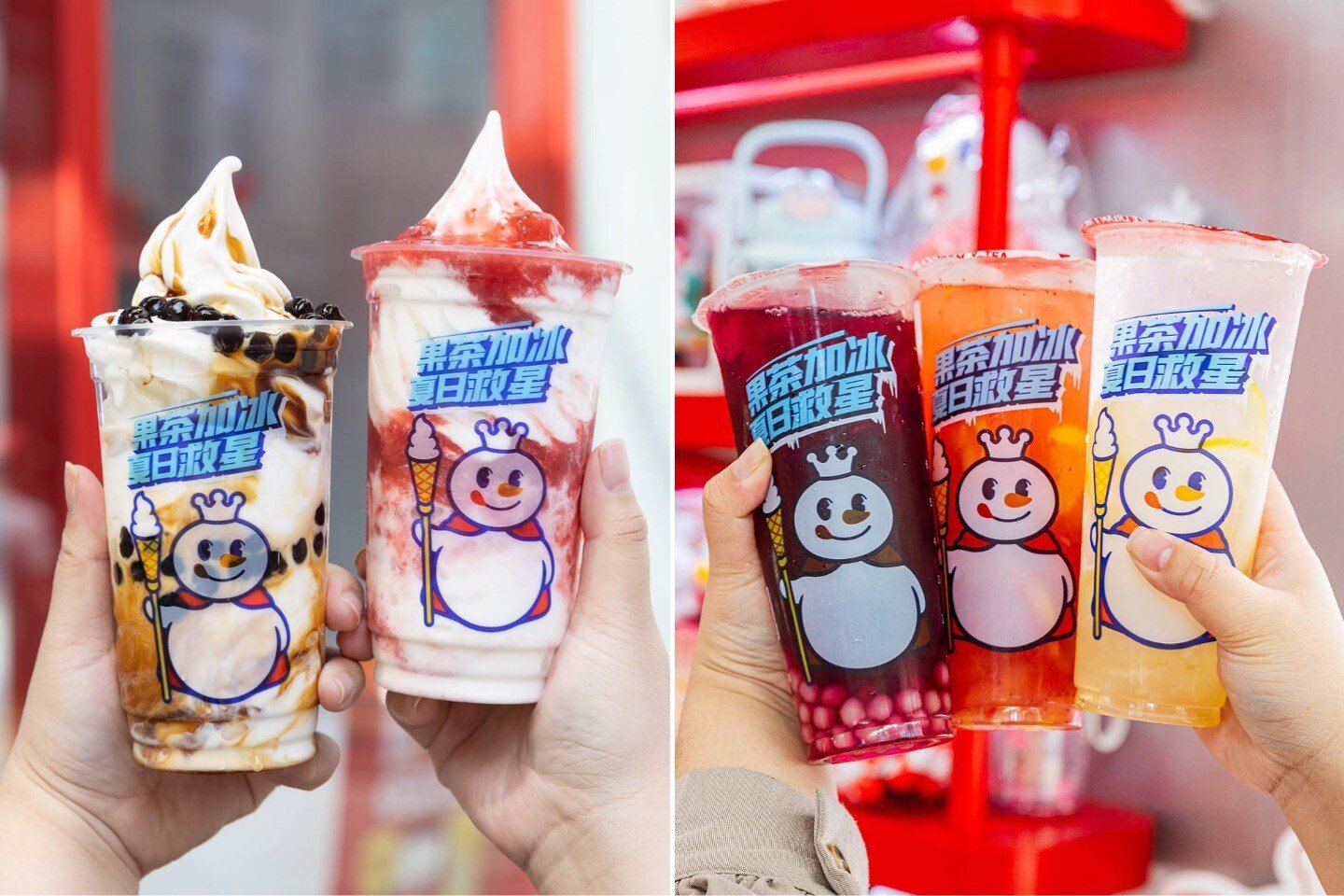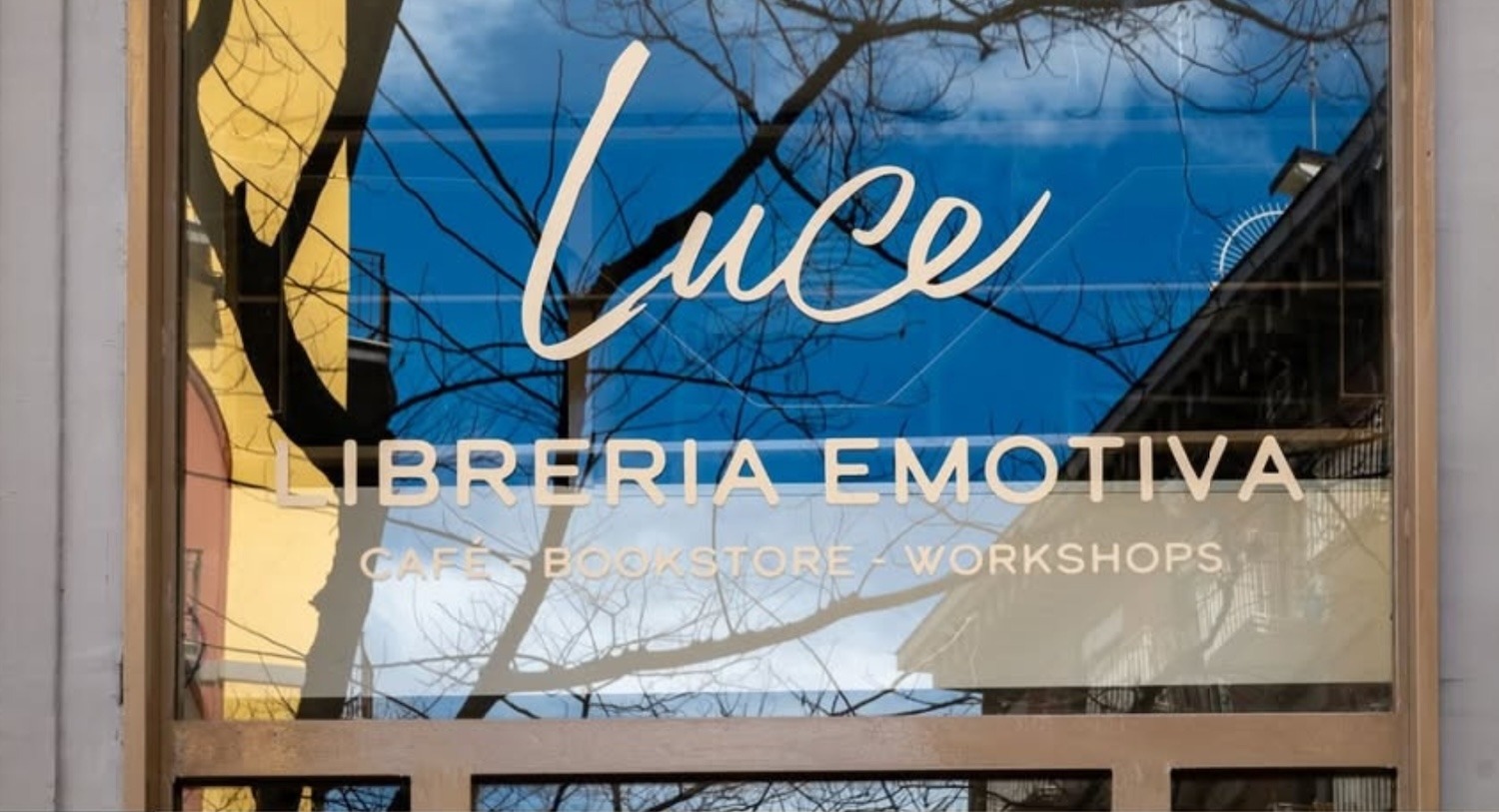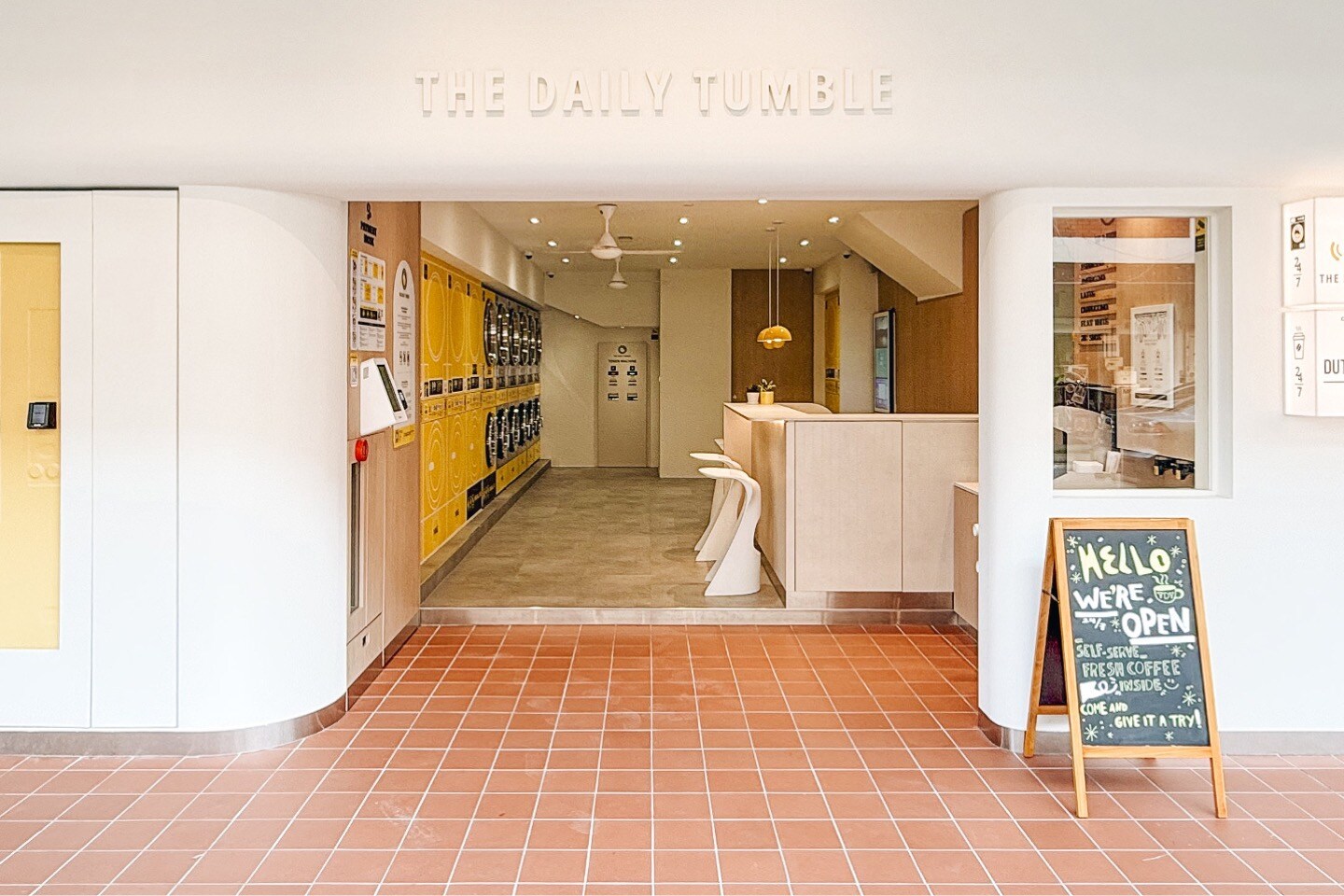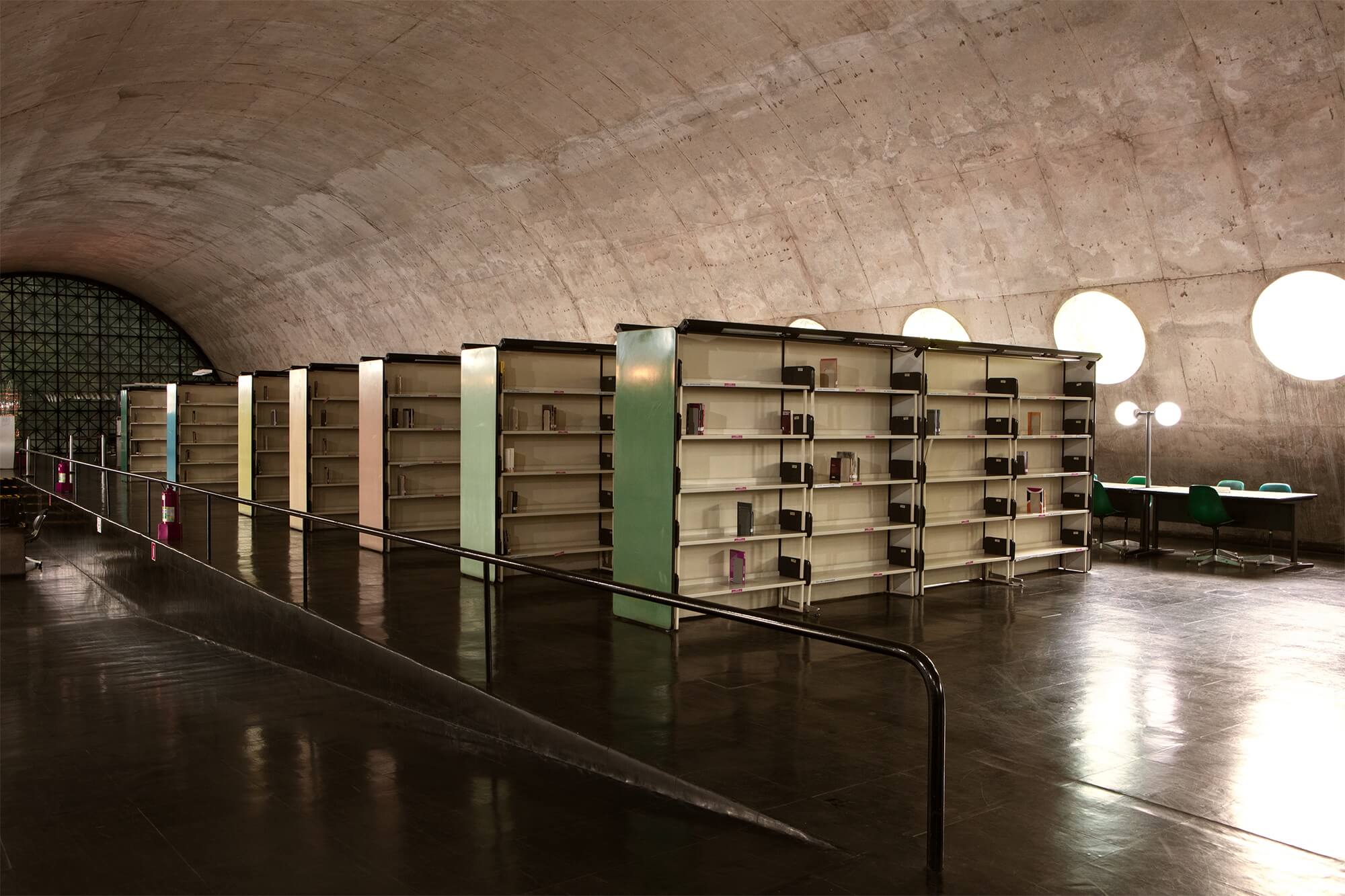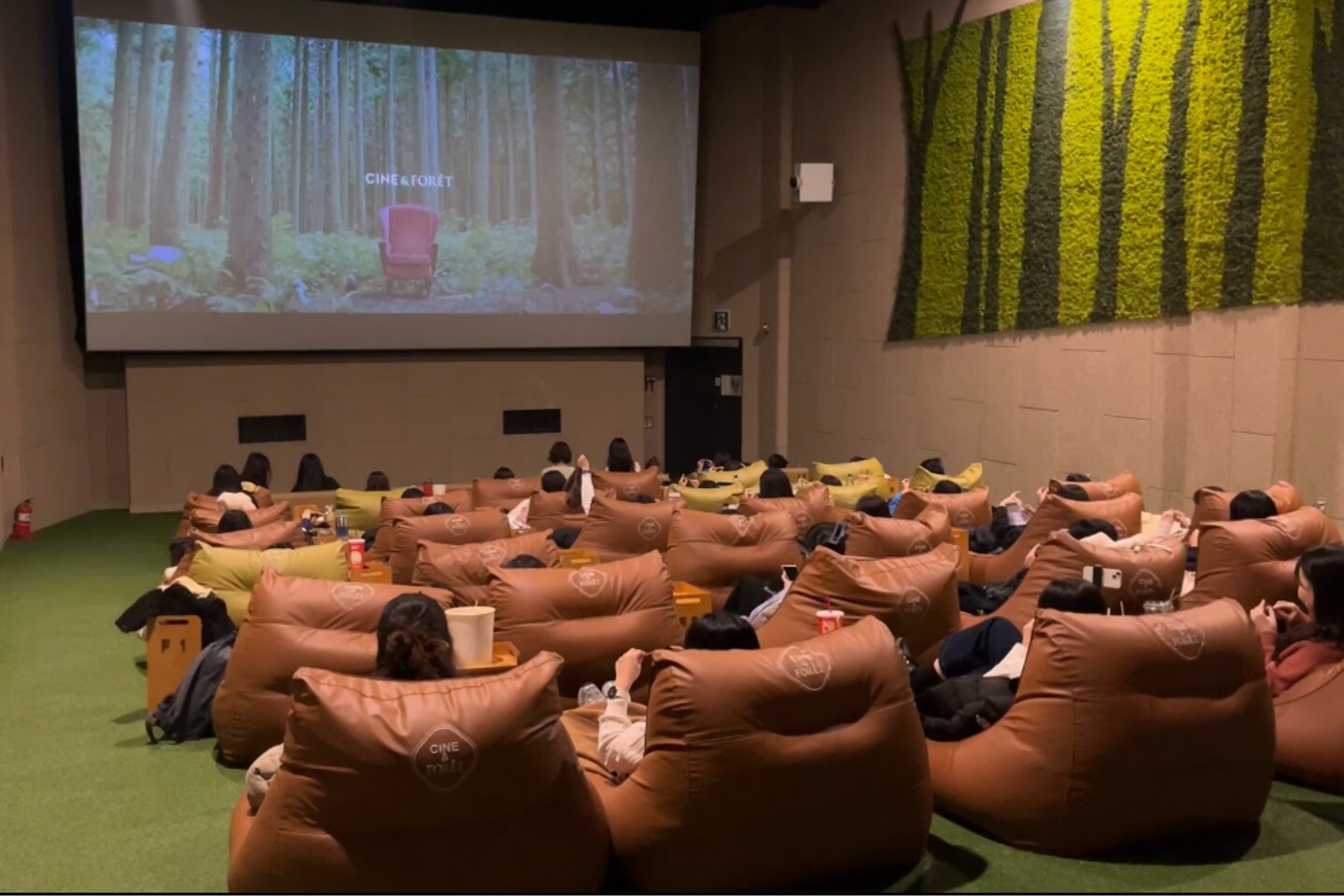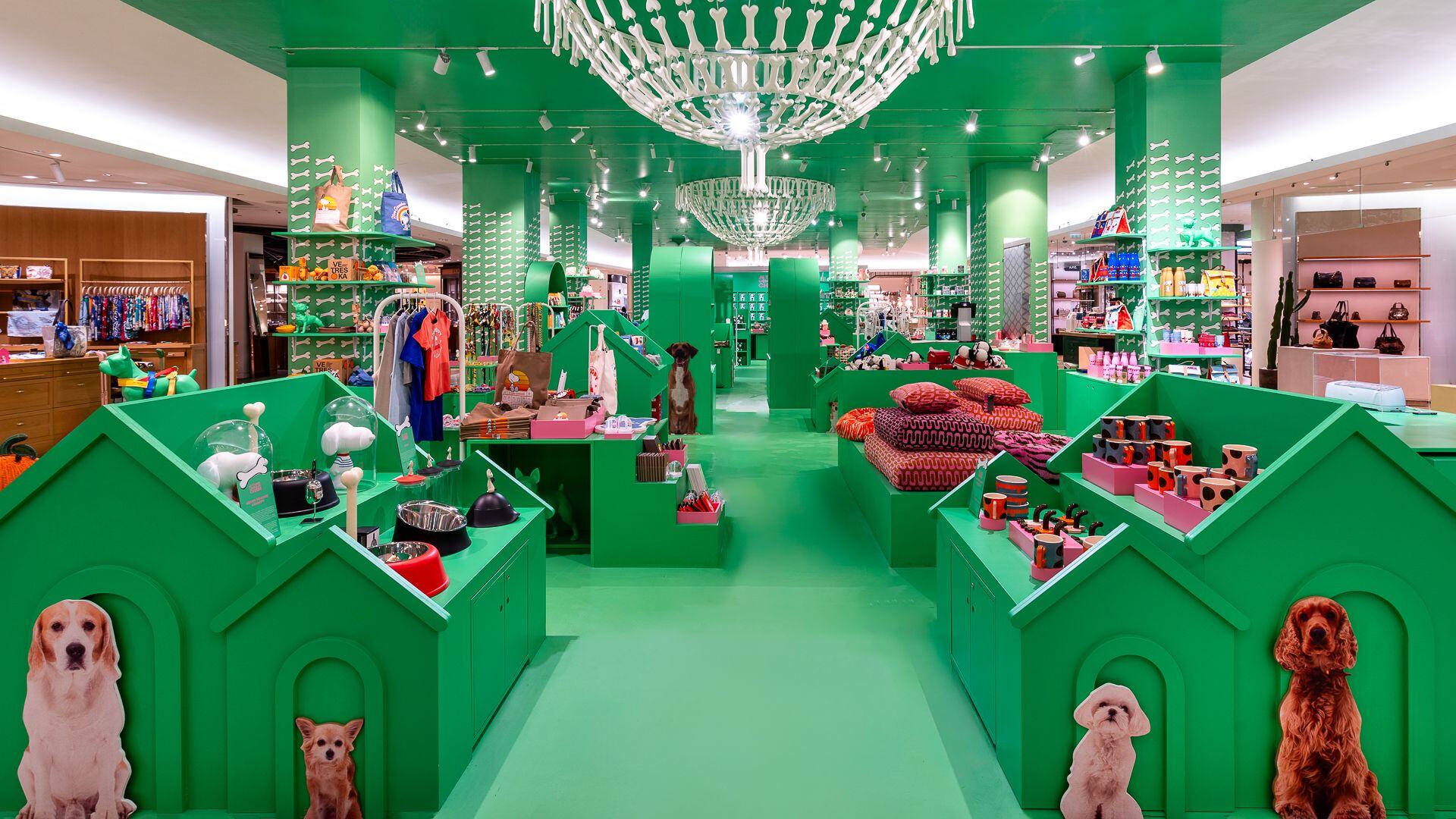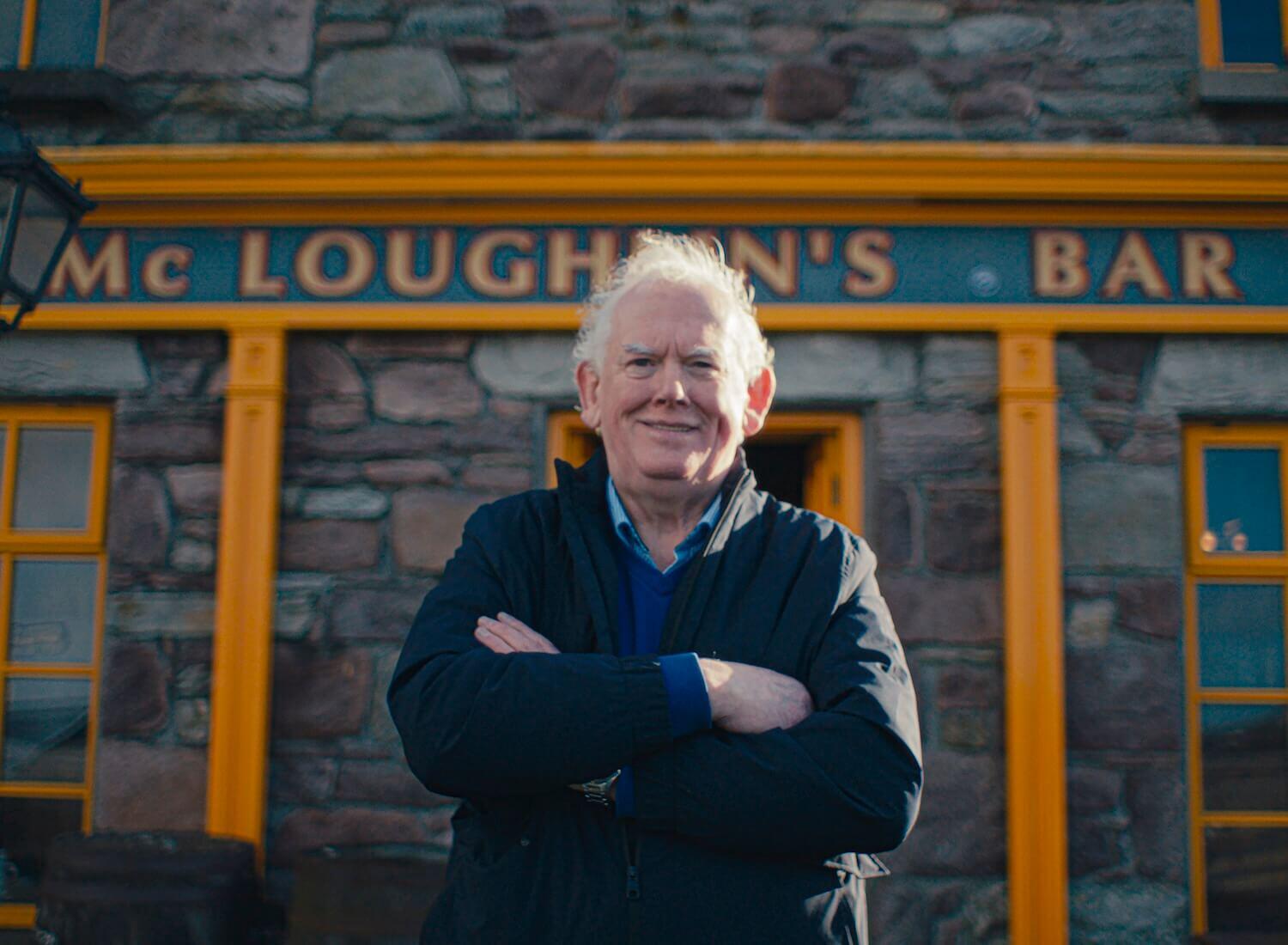For a change, the most talked-about IPO in Asia wasn’t an AI disruptor or fintech unicorn, it was bubble tea. Mixue, the China-based bubble tea and ice cream brand, debuted on the Hong Kong Stock Exchange in early March. The IPO was oversubscribed 5258 times, with shares jumping 30% on the first day and remaining up 49% since. Mixue’s momentum mirrors wider market interest in the category — another major Chinese bubble tea brand, Chagee, filed for its highly-anticipated Nasdaq IPO last week. Still, long-term performance remains uncertain; Nayuki, one of the first Chinese tea chains to go public in 2021, has seen its stock fall 90% since.
Yes, the popularity of Mixue’s stock is largely due to its rapid expansion. The brand has been opening an average of 21 stores every day since 2019. At 45,000 outlets globally, it is now the largest fast food and drink chain by store count, surpassing both McDonald’s (43,000+) and Starbucks (41,000+). But beyond business metrics, its success reveals something more telling: the strength of little treat culture as a consumer driver.
Mixue offers low prices (often 20% lower than competitors) and a product people enjoy — so much so, that when it was recently revealed that some stores had engaged in unsafe handling of ingredients, most consumers simply laughed it off. But its real resonance lies in the cultural role of bubble tea in many Asian markets as consumers’ go-to “happy drink.” It has become a default small treat — something people turn to for a mood lift, whether they are struggling through a difficult day or celebrating a mini milestone.
The tendency to escape into small pleasures is the cornerstone of little treat culture, a global movement that has traction momentum on social media in the last few years. Beyond being just another quirky TikTok trend, however, little treat culture reflects a broader consumer reality. Amid inflation, ongoing global crises and a general sense of instability, consumers are gravitating toward accessible, everyday pleasures. These aren’t luxury splurges — they’re manageable indulgences that provide a sense of control and comfort.
For brands, the opportunity is clear. You don’t have to be in the business of drinks or desserts to deliver small moments of delight. The question is: how can your brand embed everyday joy into its offerings and become a source of positive, repeatable experiences for your customers?

